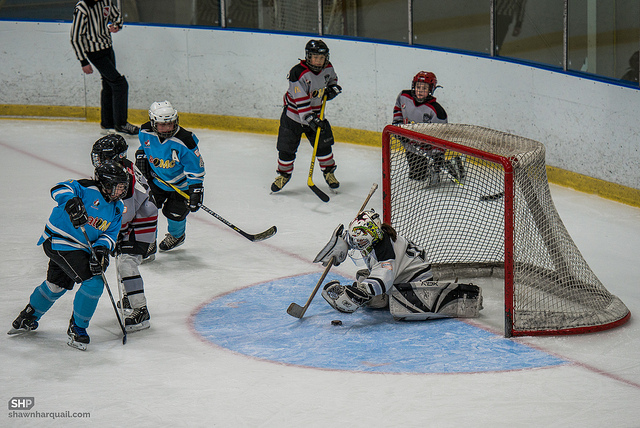
The Changing the Game Project reports that 70 percent of children who participate in organized sports programs drop out by the age of 13 years old. The reason? Most kids say it’s not fun anymore. So, what happens and what can parents do?
What Happens?
The kids say it happens because it’s not fun anymore. That’s true, but it’s a symptom of the real problem, not the cause. A recent op-ed article in the Washington Post suggested that the system is at least partially at fault. Writer Julianna W. Miner says as children get closer to high school age, youth sports is geared toward the needs of most talented athletes leaving the less skilled out in the cold.
Parents can also contribute to a child’s disillusionment. If you as a parent emphasize winning over everything, obsess over statistics or yell insults from the sideline, you are part of the problem.
Is It Too Much?
A recent blog post by Alex Perdikis explains that kids can be successful athletes at the high school level if they are in it for the right reasons. He also cautions parents to guide, not push their kids. He says a huge problem is when parents make their child’s achievements their own. He advocates a team approach where parents and coaches work together to make sure kids don’t feel too much pressure.
You know what’s great about your child participating in youth sports — the physical benefits and the development of social and team working skills. If you’re honest, however, you have to admit that there are disadvantages. Sacrifices have to be made. Equipment can be expensive. Practices take up a lot of time. Traveling is time-consuming and costly. The commitment is real for both you and your child.
Some kids thrive on the pressure and some kids don’t. Talk to your child. Find out what’s going on. Is the pressure too much? Is the child burned out? Does he or she need a break? It’s supposed to be fun. If your child is no longer having fun, it’s time to re-evaluate.
How About a Change?
Think about it — if you started playing soccer in kindergarten and that’s all you’ve ever played, it’s no wonder that by the time you reach middle school you might be burned out. If your child wants to quit, maybe trying something new would bring back the fun. Trying a different sport not only prevents burnout, but learning different skills results in a better all-around athlete. It also exposes the child athlete to different coaching techniques, skill sets and team members. Different sports gives your child choices and opportunities to thrive in different areas as well.
Don’t Panic
If your child wants to quit, your first reaction might be panic. After all, you’ve invested a lot of time and money into your child’s sports activity. Your kid can’t just quit. Hold on and take a deep breath. Just because a child talks about quitting doesn’t mean it’s serious. You are your child’s advocate, not the other way around. If the desire seems real, find out why. Remember that whatever sport your child plays, it’s still just a game. There are real benefits, of course. It’s supposed to be fun. If it’s not, find out why. You can’t make it better if you don’t know. Once you know, there are plenty of great solutions to try.